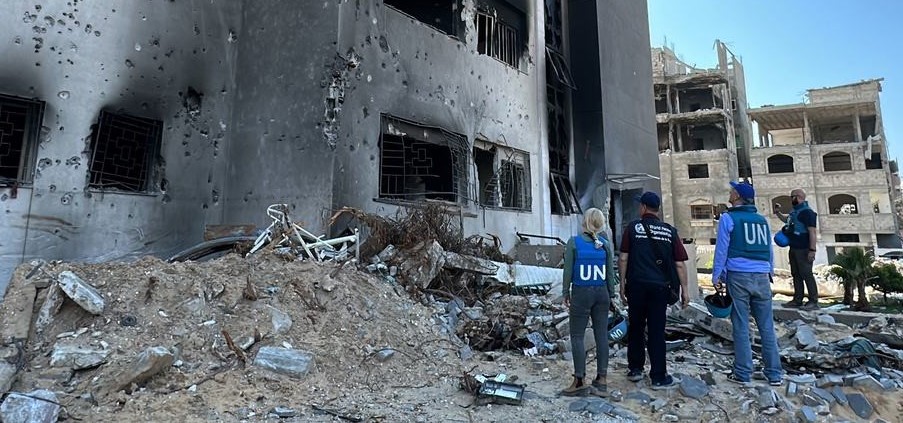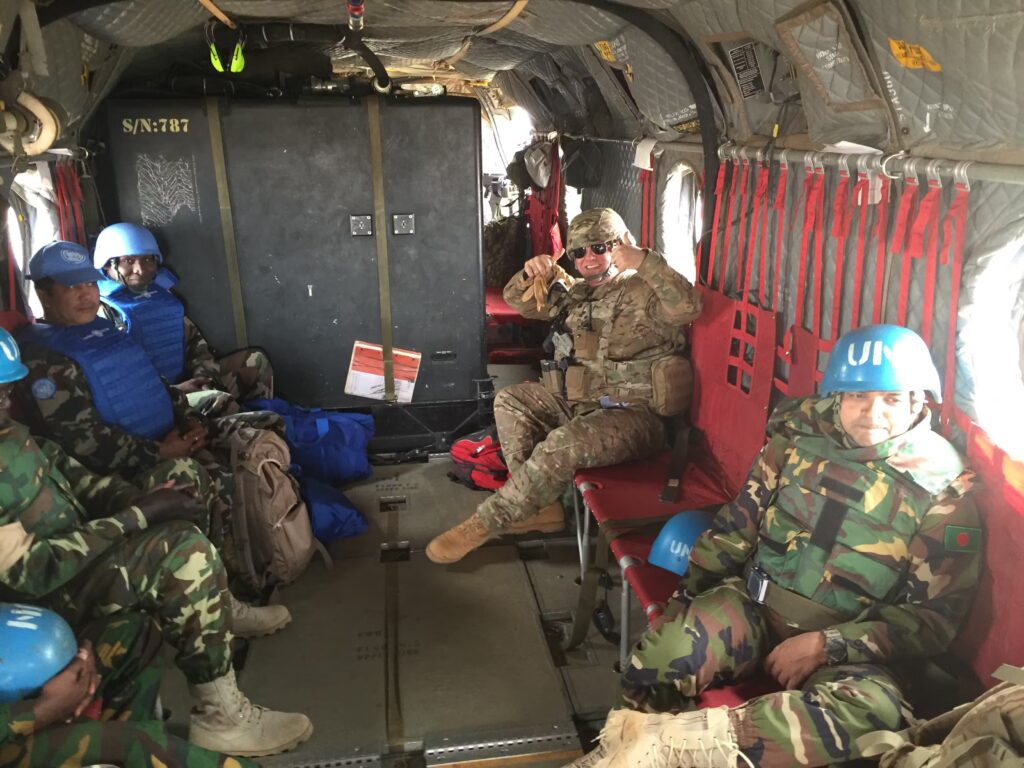2025 has brought the largest restructuring of U.S. foreign assistance in history, with thousands of UN programs losing funds and others facing drastic reforms. Like most Americans, we know that aid isn’t charity. It saves lives, strengthens democracies and advances America’s security. We hope policymakers will rethink these cuts and recognize foreign assistance for what it is — a smart investment in our future.
Explore the map below to see just a sample of how cuts to foreign assistance impact communities around the world — and right here in our own backyard.
- View All
- Food Aid
- Global Health
- Refugees and Migrants
- Women and Girls
- Combating Illicit Drugs




